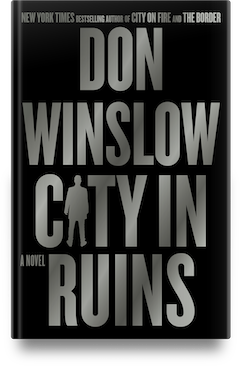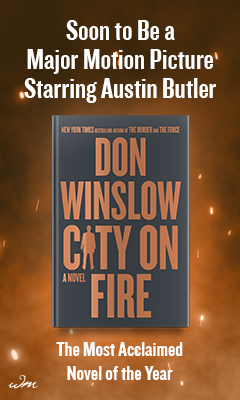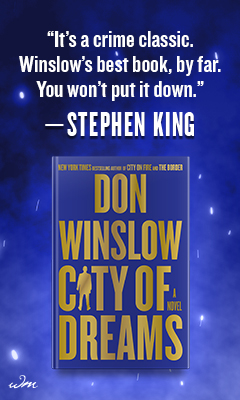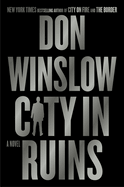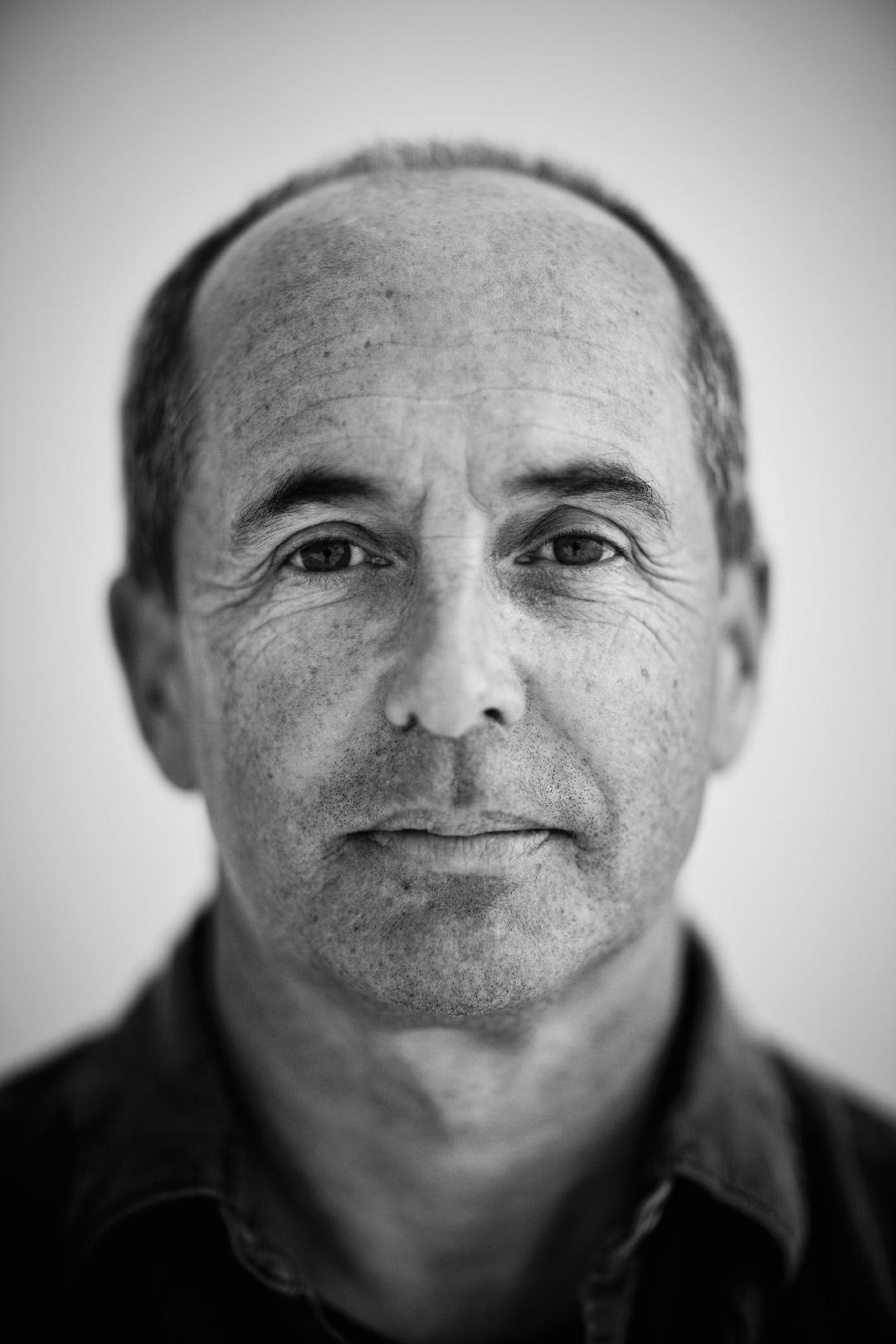City in Ruins
by Don Winslow
Don Winslow's superbly written crime thriller trilogy featuring former mobster turned entrepreneur Danny Ryan comes to an explosive end in City in Ruins. Danny should be relishing his success in the Las Vegas casino hotel business, but instead a myriad of past grudges rolls into town seeking payback.
Danny owns two hotels south of the Lavinia, the last hotel on the Vegas Strip and in need of a makeover. His rival, Vern Winegard, owns the casinos to the north of the Lavinia, because "Whoever ends up with the Lavinia will control the most prestigious location left on the Strip, and Las Vegas is a prestige kind of town." While Vern isn't a mobster himself, he has inadvertently let a shady character become his head of security and a source of chaos for those around him.
Danny is trying to go straight as a businessman, but because of his sketchy background, detailed in City on Fire and City of Dreams, ownership of his hotels remains purposefully obscure, though under the banner of Danny's company, Tara Group. Organized crime is not allowed in Las Vegas, and the Nevada Gaming Control Board intends that it stay that way. To keep the focus off himself, Danny's two real estate partners, Dom Rinaldi and Jerry Kush, own the company on paper, while he's listed as the operations manager. Danny has a family to look after, and maintaining the appearance of staying on the right side of the law is a priority these days.
But Danny is ambitious, which is why he's focused on the Lavinia Hotel and the prime real estate it occupies. The old hotel holds the key to a much bigger dream of his, one that will change Vegas and bring about a much friendlier but still spectacular future for the gambling mecca. The Lavinia is currently owned by George Stavros, and Stavros has already promised to sell it to Vern Winegard. Danny thinks if he can get Stavros to have a sit-down, he can convince Stavros to sell the Lavinia to him instead.
Before he can set that plan into motion, there are a few speed bumps to navigate, like stopping the gambling commission from probing into his past, figuring out how to subtly bribe officials, and avoiding being thrown in prison by a rogue FBI agent whose lover Danny killed in a shootout. All this leads to a showdown in which Danny's city of refuge appears destined for destruction. But in an equally compelling subplot about where his story started, another empire rises.
What Winslow excels in doing with City in Ruins is blurring the lines between the good guys and bad guys. Several chapters are preceded by quotes from Virgil's Aeneid, with Danny as a nod to a modern version of the Greco-Roman hero Aeneas. (Lavinia is also a reference to the Aeneid--it's the name of Aeneas's last wife.) Danny is on a journey to find himself and a home. He may have engaged in illegal activities and even killed (in self-defense) in the past, but now he's all about being on the straight and narrow, and taking care of his family, especially his mother and his young son. Like Aeneas, Danny's fate is predetermined, and his past keeps raising its violent head, forcing him to confront it if he wants to move forward. Vern is a legit businessman and would normally never consider physically threatening a rival, but Vern's head of security convinces him that Danny intends to kill him and that Vern's only choice is to retaliate with violence. Vern is a reluctant nemesis to Danny; City of Ruins is at its most engrossing when it challenges readers' notions of right vs. wrong.
Despite all the shady dealings and bloody violence, the dialogue is often funny and raunchy and delivered with maximum sass. One can easily imagine gangsters bantering in the way Winslow depicts them--he peppers moments of levity over a constant sense of foreboding. When a mobster's wife who runs a seafood restaurant needs fresh fish, and another mobster, who controls the supply at the docks, tries to pressure her for sex as a quid pro quo, she replies: "You want me to f*** you for tuna?... A hand job for calamari? If I want swordfish, I guess I have to let you f*** me up the a**. Hey, why not? You're doing it anyway."
The combination of snappy dialogue, sharp characterizations, and probing of moral issues, all inspired by classic works, makes it clear that Winslow is an incredibly smart writer and deep thinker. He takes his time between books, and they're always worth waiting for. Unfortunately, the author has announced that City in Ruins is his final novel, which gives fans more reason to read and savor it. --Paul Dinh-McCrillis



